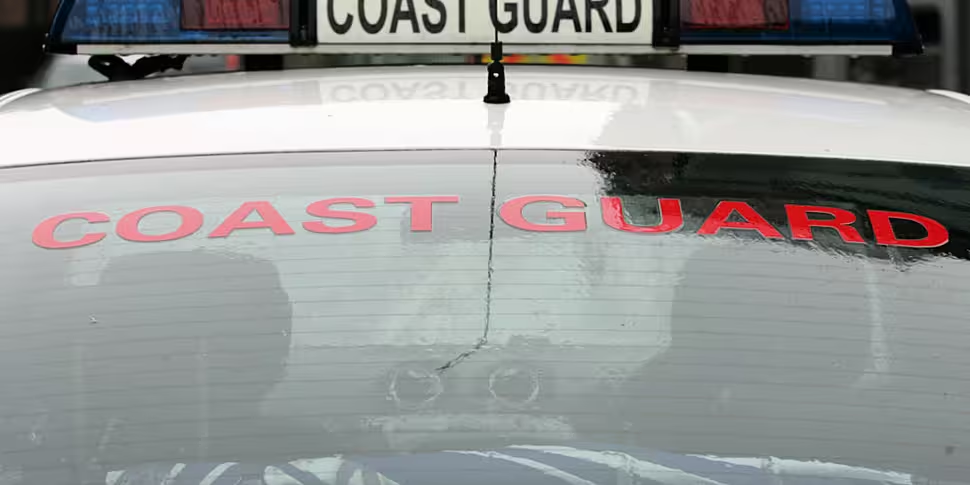Concern has been expressed at a ban on the use of blue lights and sirens on Coast Guard vehicles travelling to emergencies.
A spokesperson for the Coast Guard said it relates to "a safety instruction" issued to its volunteers over the use of blue lights and sirens on public roads.
"This instruction does not impact on their use while the vehicle is static.
"However, as part of the Coast Guard's continuing drive to enhance safety and protect its volunteers, full-time staff and members of the public, it has issued this instruction as a clarification in relation to the existing position as regards their use while driving on public roads.
"The policy mirrors best practice in other principal emergency services for untrained 'blue-light' drivers."
The spokesperson added: "This notice in no way impacts on the Coast Guard's status as a pincipal emergency service.
"The risks associated with driving blue-light vehicles on public roads have been discussed with volunteers around the coast for some time, including at sectoral meetings and conferences.
"These risks need to be mitigated - particularly in terms of the safety of the volunteers, other road users and members of the public."
Fianna Fáil spokesperson on transport, Robert Troy, said the directive further "demonstrates the need for the Coast Guard to be put on a statutory basis."
"Putting the coastguard on a legislative footing would ensure they receive more representation, more recognition, and ultimately the same protections afforded to the other blue light services."
Deputy Troy brought a bill before the Dáil last year to create a statutory Irish Coast Guard Authority.
"The directive issued to Coastguard members has caused a lot of concern.
"Members are fearful of the potential delays this will cause when they are travelling to incidents."
Green Party Senator Grace O'Sullivan has said the move could lead to a loss of life.
"The Coast Guard HQ are claiming that this is about safety concerns and risks for the drivers and the general public, but if a volunteer is trying to make their way to an emergency situation and is stuck in traffic, lives could be lost.
"The reality on the ground is that volunteers travelling on emergency call-outs are first and foremost trying to get there as safely and quickly as possible.
"They are not allowed to break speed limits. This is about saving lives."
The Irish Coast Guard handles approximately 2,500 marine emergencies a year and assists some 4,500 people.
Additional reporting: Teena Gates









